Asylum seekers and Christianity: how much of a problem is it?
Former Church of England priest claims there is a 'conveyor belt' of 'asylum baptisms'

A free daily email with the biggest news stories of the day – and the best features from TheWeek.com
You are now subscribed
Your newsletter sign-up was successful
Judges have allowed criminals to use Christianity to escape deportation, according to a newspaper analysis.
"Murderers, sex offenders and drug dealers are among the migrants who have escaped deportation by claiming to have converted to Christianity," said The Times.
Controversy over such baptisms has intensified since it emerged that the Clapham chemical attack suspect, Afghan national Abdul Ezedi, was granted asylum in the UK on his third attempt after converting to Christianity.
The Week
Escape your echo chamber. Get the facts behind the news, plus analysis from multiple perspectives.

Sign up for The Week's Free Newsletters
From our morning news briefing to a weekly Good News Newsletter, get the best of The Week delivered directly to your inbox.
From our morning news briefing to a weekly Good News Newsletter, get the best of The Week delivered directly to your inbox.
A former priest has claimed the Church of England is complicit in a "conveyor belt" of "asylum baptisms". But Justin Welby, the archbishop of Canterbury, said there has been a "mischaracterisation" of the role of churches and faith groups in the asylum system.
What did the commentators say?
People can apply for asylum in the UK based on religion if they have a well-founded fear of persecution in their home country because of their religious beliefs. How often this happens is unclear, because the Home Office does not collect data on the number of migrants who are granted asylum on the basis of religion.
According to Church of England guidance to clergy on the issue, priests supporting asylum applications must be ready to provide evidence of Christian faith, including church attendance, a baptism certificate and "records of changes in behaviour".
But the home secretary is investigating the issue after claims from a Weymouth Baptist church that 34 Muslim men living on board the Bibby Stockholm barge, which is moored off Portland in Dorset, were preparing for a Christian baptism. Another six have already been baptised, a church elder told the BBC.
A free daily email with the biggest news stories of the day – and the best features from TheWeek.com
Another Baptist church minister told the Mail on Sunday that he had baptised up to 500 asylum seekers in the sea, and that up to 60% of them disappeared after their Christian conversion.
Holding mass baptisms at sea during the winter was his way of testing his worshippers' faith, said Pastor Phylip Rees. He added: "If I suspected that someone wasn't genuine, I wouldn't baptise them." Baptist churches are not part of the Church of England.
Writing in The Telegraph, Suella Braverman said that, during her tenure as home secretary, she "became aware" of "churches around the country facilitating industrial-scale bogus asylum claims".
Asylum seekers just need to "attend Mass once a week for a few months, befriend the vicar, get your baptism date in the diary and, bingo, you’ll be signed off by a member of the clergy", she said.
Matthew Firth, a former priest, told the same paper that there was a "conveyor belt, a veritable industry of asylum baptisms". He said that about 20 asylum seekers had sought baptisms at his church in Darlington to support their applications, and that there were "probably" thousands of asylum baptisms in the Church of England.
The Times found that, in one case, a Bangladeshi man, who had served 12 years in prison for murdering his wife, successfully appealed against attempts to deport him. He argued that he was a Christian convert and that he would be at risk in his predominantly Muslim community in Bangladesh.
What next?
Paul Butler, the bishop of Durham, insisted Firth's claims were "some distance from reality", said The Guardian. In a statement, Butler said that Firth "does not offer any evidence", but that a "check of the parish records quickly reveals" that "a total of 15 people (13 adults, two infants) who may have been asylum seekers have been baptised over the past 10 years". Of those, seven were baptised by Firth himself.
Philip North, the bishop of Blackburn, told the BBC that the accusation of mass baptisms "sounds to me like a pretty barefaced attempt to outsource responsibility for a failing asylum system to the church".
Writing in The Telegraph, Guli Francis-Dehqani, the bishop of Chelmsford, said that although clergy "will occasionally, after careful assessment, provide statements of support to individuals seeking asylum", it was "wrong to think of this as some sort of magic ticket". She added that "the notion that a person may be fast-tracked through the asylum system, aided and abetted by the church, is simply inaccurate".
Home Secretary James Cleverly is thought to be considering changes to the appeal system that would make decisions involving Christian conversions "more robust", said The Times.
A source close to Cleverly told the paper that he is "looking at tribunals that are independent of the Home Office that, either with supporting testimony from a church, or worse even if the conversion is not believed to be authentic, are overturning Home Office decisions on conversion grounds".
The findings of Cleverly's investigation are expected to "form part of an internal review" that he commissioned in the wake of the Ezedi case, said the Daily Mail.
Chas Newkey-Burden has been part of The Week Digital team for more than a decade and a journalist for 25 years, starting out on the irreverent football weekly 90 Minutes, before moving to lifestyle magazines Loaded and Attitude. He was a columnist for The Big Issue and landed a world exclusive with David Beckham that became the weekly magazine’s bestselling issue. He now writes regularly for The Guardian, The Telegraph, The Independent, Metro, FourFourTwo and the i new site. He is also the author of a number of non-fiction books.
-
 How the FCC’s ‘equal time’ rule works
How the FCC’s ‘equal time’ rule worksIn the Spotlight The law is at the heart of the Colbert-CBS conflict
-
 What is the endgame in the DHS shutdown?
What is the endgame in the DHS shutdown?Today’s Big Question Democrats want to rein in ICE’s immigration crackdown
-
 ‘Poor time management isn’t just an inconvenience’
‘Poor time management isn’t just an inconvenience’Instant Opinion Opinion, comment and editorials of the day
-
 Should Britain withdraw from the European Convention on Human Rights?
Should Britain withdraw from the European Convention on Human Rights?Talking Point With calls now coming from Labour grandees as well as Nigel Farage and the Tories, departure from the ECHR 'is starting to feel inevitable'
-
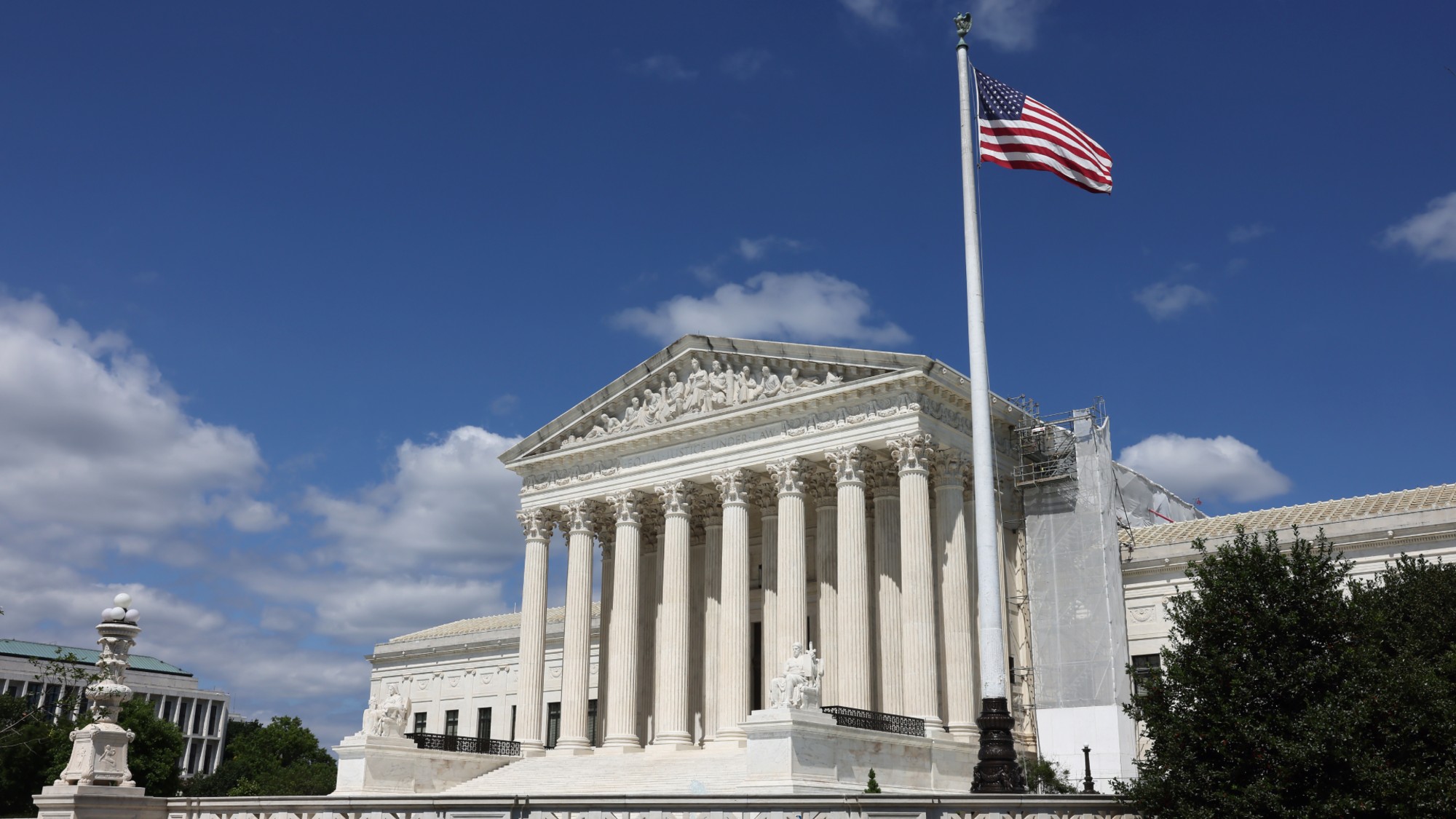 How far does religious freedom go in prison? The Supreme Court will decide.
How far does religious freedom go in prison? The Supreme Court will decide.The Explainer The plaintiff was allegedly forced to cut his hair, which he kept long for religious reasons
-
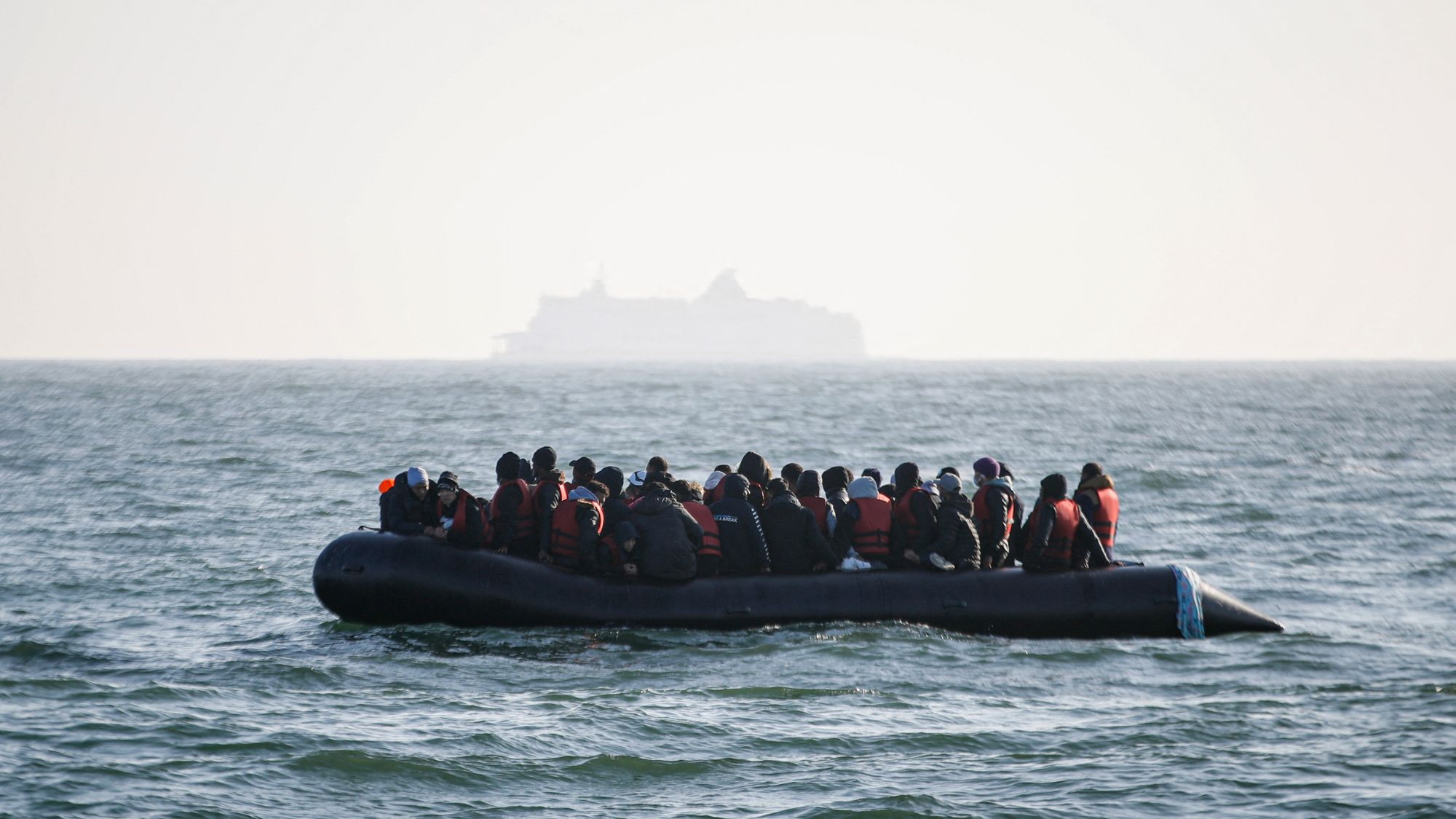 Rwanda law suffers Northern Ireland setback
Rwanda law suffers Northern Ireland setbackSpeed Read Belfast High Court finds Illegal Migration Act clashes with Good Friday Agreement human rights provisions
-
 Will South Africa's genocide case against Israel stop war in Gaza?
Will South Africa's genocide case against Israel stop war in Gaza?Today's Big Question The claim is 'tightly argued' but ICJ's rulings are often ignored
-
 Pros and cons of the Rwanda deportation policy
Pros and cons of the Rwanda deportation policyPros and Cons Supporters claim it acts as a deterrent but others say it is illegal and not value for money
-
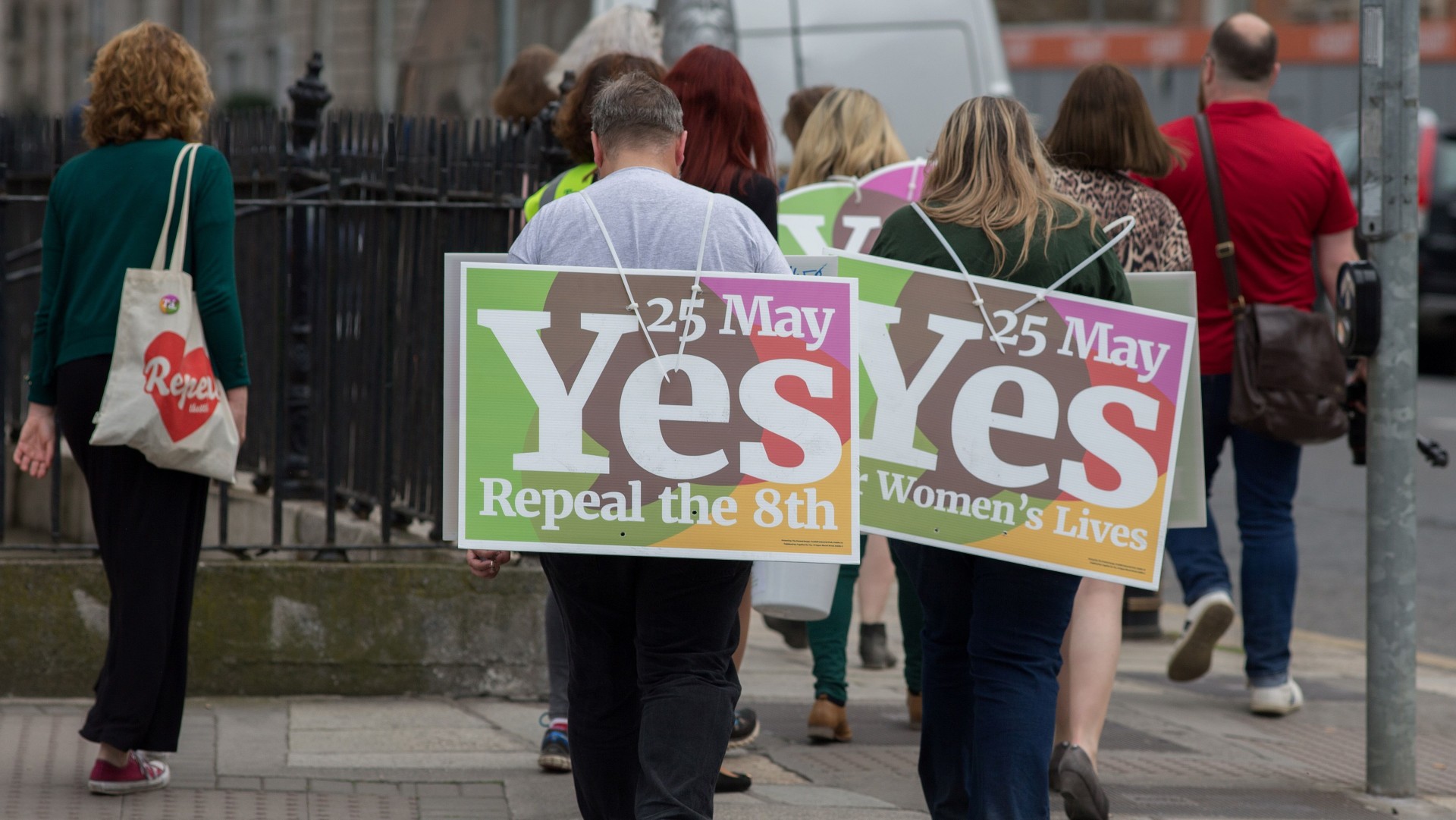 Repeal the Eighth: how have abortion services changed in Ireland five years on?
Repeal the Eighth: how have abortion services changed in Ireland five years on?Today's Big Question Report finds access is still limited and unequal, but proposed legislation changes may be delayed
-
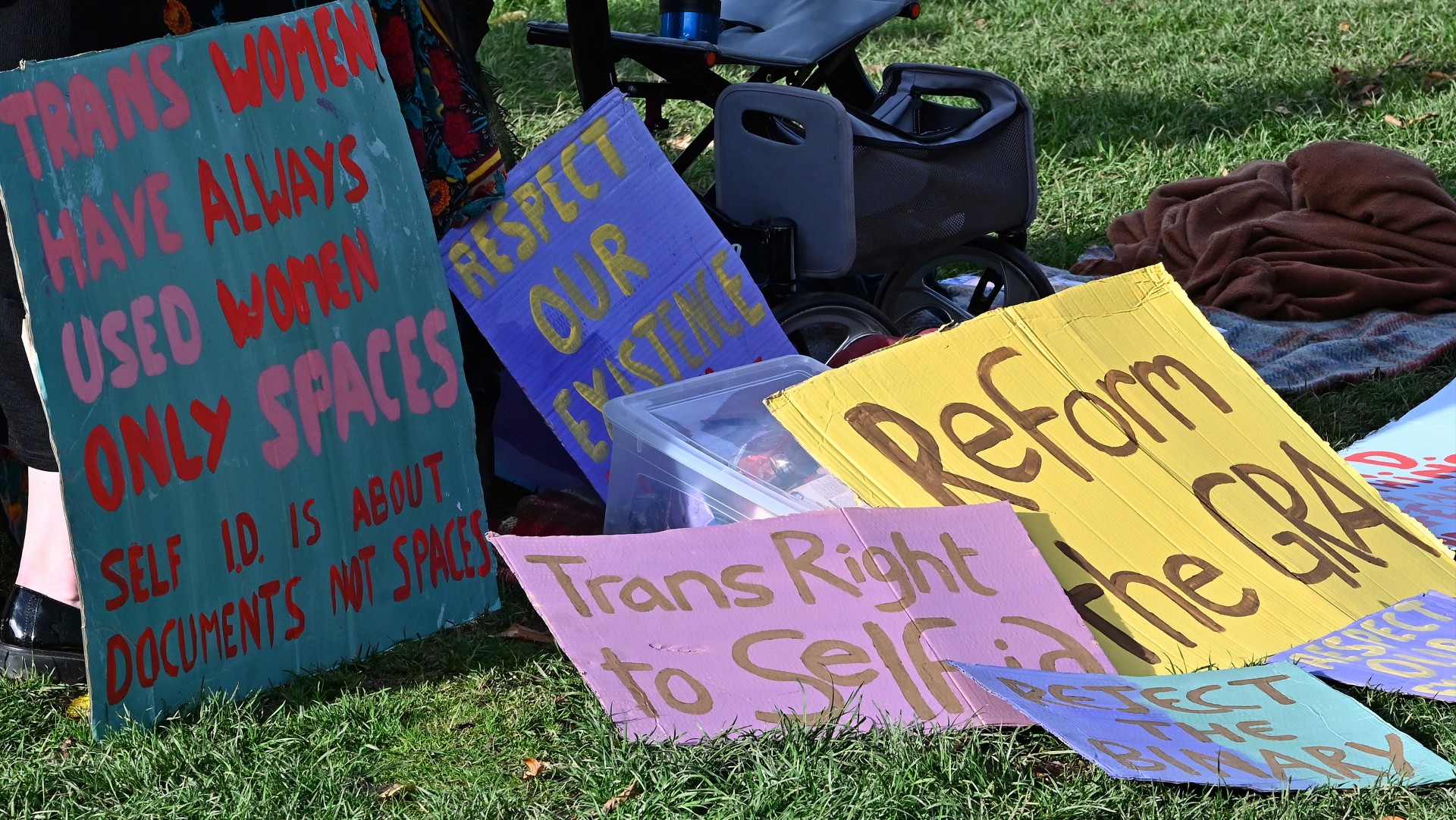 Battle of Britain: will Rishi Sunak block Scotland’s gender recognition law?
Battle of Britain: will Rishi Sunak block Scotland’s gender recognition law?Today's Big Question Prime minister reportedly set to use constitutional ‘nuclear option’ in showdown with Holyrood over the legislation
-
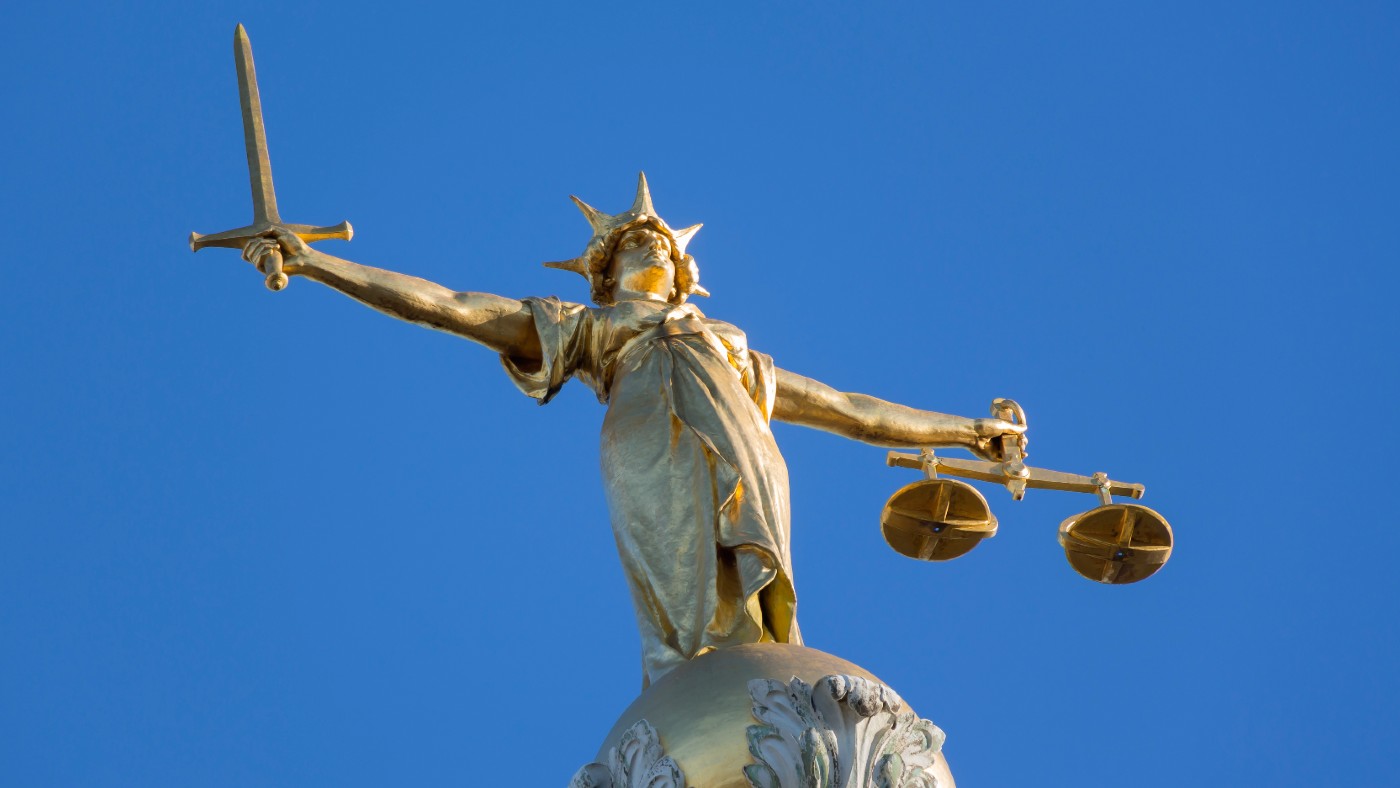 What’s causing the ‘chaos’ in the UK criminal justice system?
What’s causing the ‘chaos’ in the UK criminal justice system?Today's Big Question Shortage of prison cells and real-terms pay cut for solicitors has increased talk of ‘crisis’